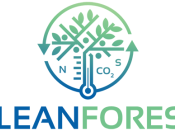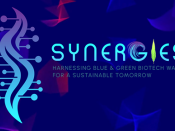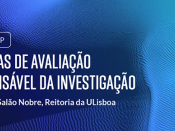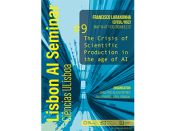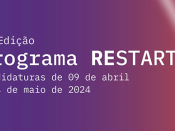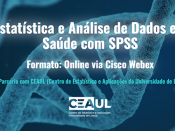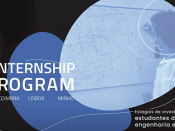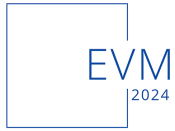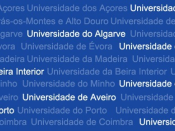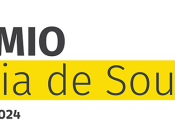Por Hugo Matias (CoLAB NET4CO2).
Most prognosticators and recommendations from IPCC envision that fossil fuels will represent progressively less in terms of contribution of the world’s energy needs for the next 40-50 years. As the energy transition moves forward, it is clear that the knowledge acquired in the oil and gas industry is properly converted into the identification of proper CO2 sinks in the subsurface. Offshore exploration in Portugal has been scarce and limited to a few wells located in the shelf. Results from these exploration wells were neither conclusive nor were they representative of the real potential of the deepwater offshore basins. Critical elements necessary to define geological trapping systems and establish a sedimentary basin as one with CO2 geostorage potential, have been evaluated in this work using seismic and well data and allowed to identify siliciclastic reservoir rocks from the Jurassic, Lower Cretaceous and Upper Miocene turbidite and contourite systems. Sealing capacity of these reservoirs comprise multiple impermeable shale units and the Hettangian salt that are known to form structural and mixed traps (structural-stratigraphic) prone to successfully retain CO2. One of the main challenges to further characterize these CO2 trapping systems is related with the fact that they are located at water depths +500m requiring significant investments prior to any economic decision. However, as geological storage becomes an increasingly more relevant option to progressively balance CO2 emissions, potential geosites can be tied to existing treatment facilities nearby carbon-intensive industrial areas therefore reducing the environmental and CO2 footprint, thus ensuring a sustainable economic growth.
Transmissão via Zoom (pw: SES2024IDL).





